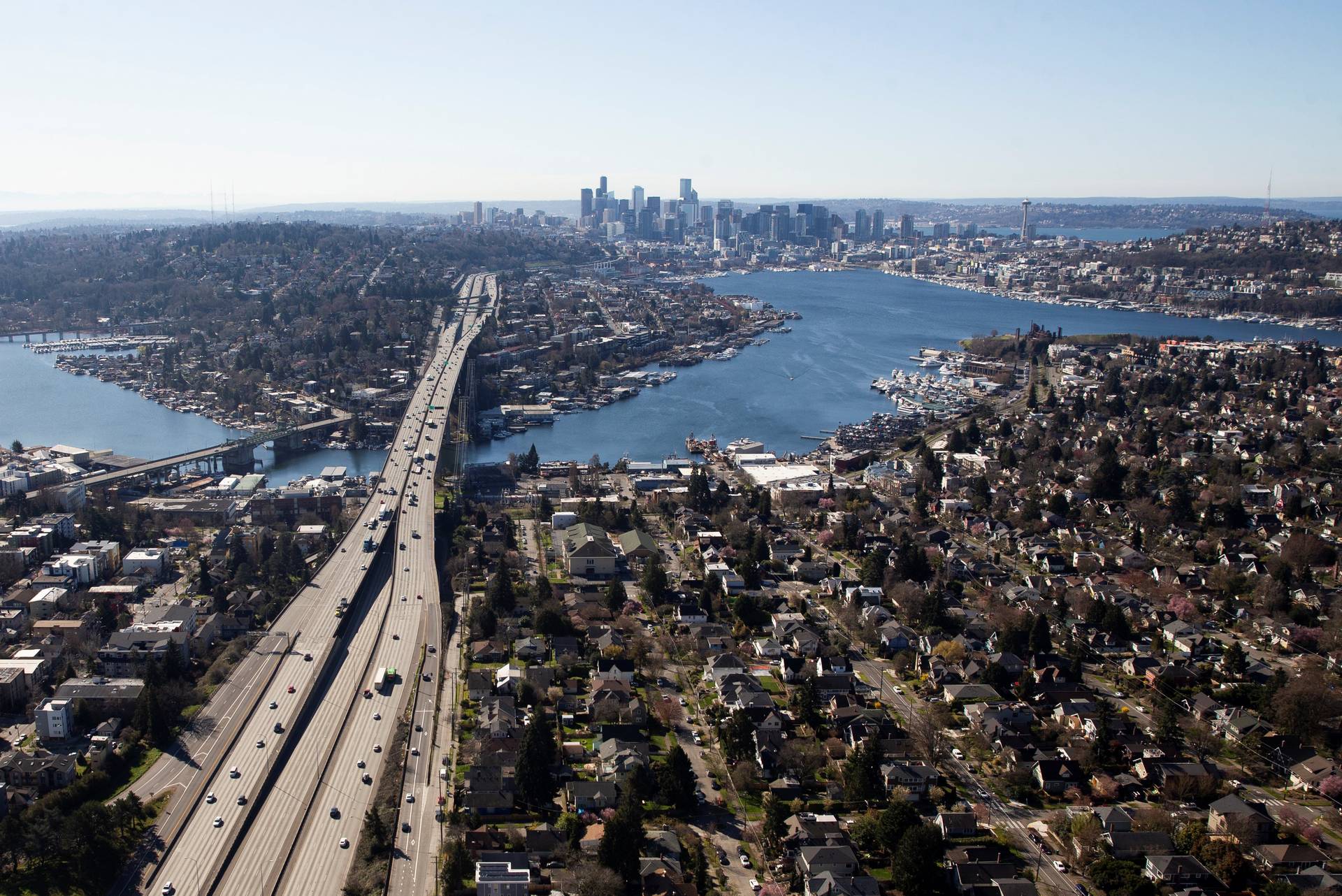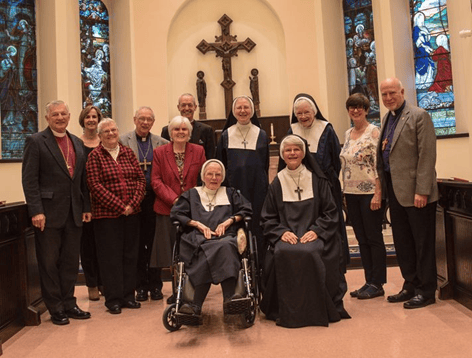SOUTH BEND, Indiana — The University of Notre Dame has temporarily suspended all in-person instruction after an alarming increase in COVID-19 cases, most of which stemmed from a handful of off-campus parties.
While students will remain on campus for now, strict rules around mask-wearing and visitation will be enforced. The university has set Sept. 2 as the earliest possible date to resume in-person instruction for undergraduates, with graduate students possibly returning to class on Aug. 24.
The shift was announced Tuesday evening after the school recorded 147 cases in the span of less than two weeks, including 80 on Monday alone.
While the university said most of its students and staff were following protocols designed to mitigate the disease’s spread, not all students were on board.
“The consequences of lapses in our health and safety practices are clear,” said Vice President for Student Affairs Erin Hoffman Harding in an email to students. “Failing to adhere to mask wearing and physical distancing at all times has resulted in significant transmission.”
Still, university officials applauded the infected students for their compliance with contact tracing efforts, allowing the school to quarantine individuals who came in contact with carriers.
Some students and faculty have criticized Notre Dame for reopening, saying the benefits of in-person education do not outweigh the risks of bringing students back to campus. Those voices grew louder Monday afternoon when the University of North Carolina announced it would send students home after a steep rise in COVID-19 cases on campus.
But Notre Dame’s president, Holy Cross Father John Jenkins, argued in conjunction with local health officials that the school can still manage the situation safely.
“We believe we can take steps short of sending students home for remote instruction, at least for the time being, while still protecting the health and safety of the campus community,” he told students in a virtual address.
Notre Dame is one of the few Catholic universities in the country to have already started classes. Creighton University in Omaha, Nebraska started its academic year face-to-face on Monday, while other schools such as Boston College, Fordham University and Marquette University will begin next week.
Each school’s reopening plan varies, but some details are true across the board. Widespread mask-wearing and social distancing will be the norm, as well as limited capacity in classroom buildings. Community members will also be required to perform daily health checks before participating in campus life, an effort to monitor symptoms and exposure among the population.
RELATED: COVID-19 changes campus classes, dining halls, dorms, and maybe fees
Other colleges, though, are moving online for the fall semester. Some schools, such as Georgetown University, are remaining online indefinitely, with plans to reopen “as soon as public health conditions permit.” Others, such as the Catholic University of America, plan to welcome back a limited number of students by graduation class, in a bid to reduce density on campus.
















